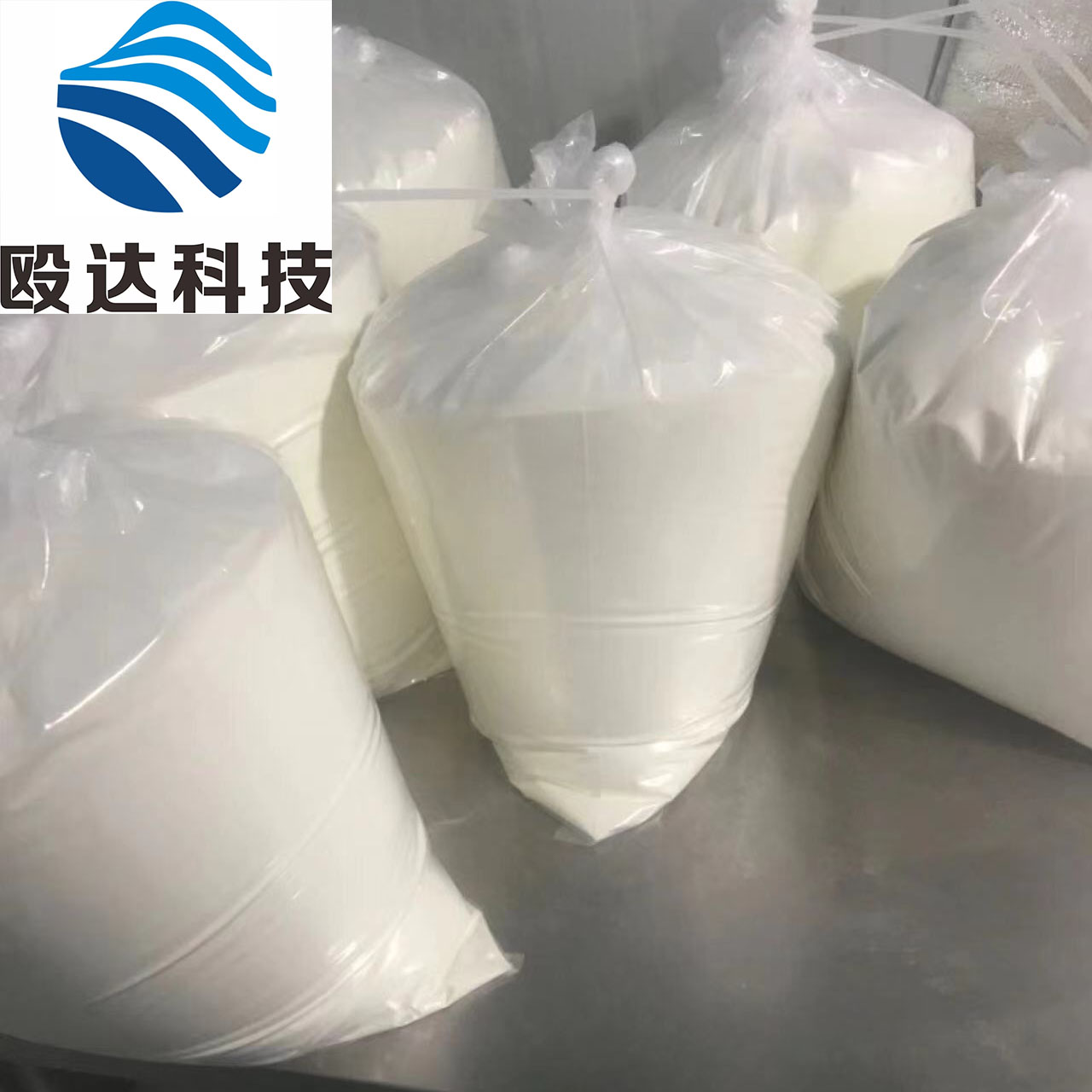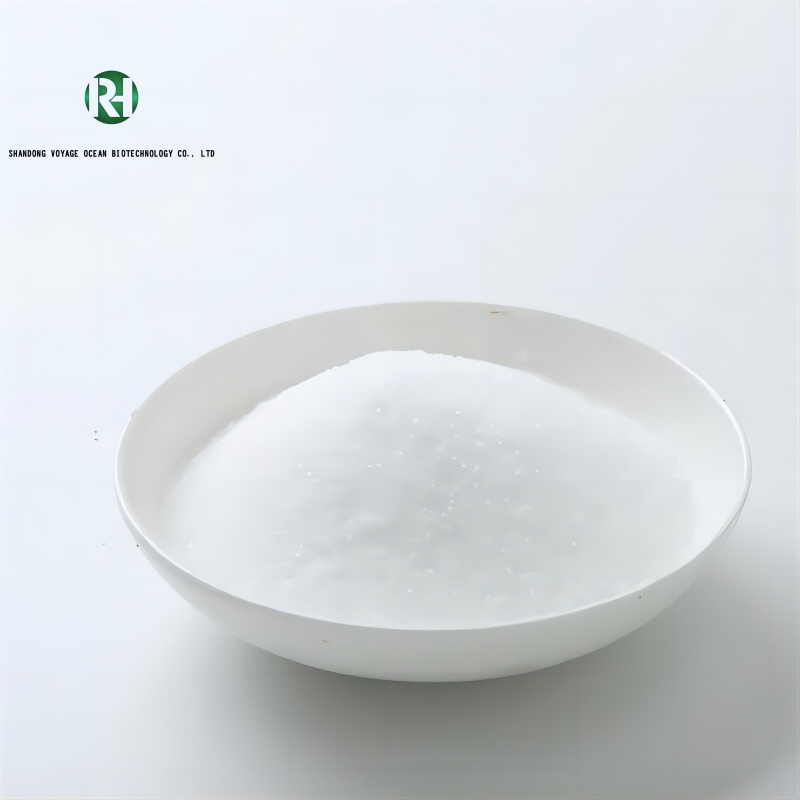-
Categories
-
Pharmaceutical Intermediates
-
Active Pharmaceutical Ingredients
-
Food Additives
- Industrial Coatings
- Agrochemicals
- Dyes and Pigments
- Surfactant
- Flavors and Fragrances
- Chemical Reagents
- Catalyst and Auxiliary
- Natural Products
- Inorganic Chemistry
-
Organic Chemistry
-
Biochemical Engineering
- Analytical Chemistry
- Cosmetic Ingredient
-
Pharmaceutical Intermediates
Promotion
ECHEMI Mall
Wholesale
Weekly Price
Exhibition
News
-
Trade Service
In "Homer's Epic", the mother of the hero Achilles immersed her son in the Styx in order to make his son immortal, and because of the rapidity of the river, she pinched the heel of Achilles and did not dare to let go, which caused his heel Not immersed in river water
.
As an adult, Achilles became invincible, but eventually died from a poisoned arrow in his fragile ankle
.
In "Homer's Epic", the mother of the hero Achilles immersed her son in the Styx in order to make his son immortal, and because of the rapidity of the river, she pinched the heel of Achilles and did not dare to let go, which caused his heel Not immersed in river water
Interchangeable products refer to the use of interchangeable products by pharmacists to replace the original biological drug without a doctor's re-prescription (subject to different laws in each state in the United States)
.
Although there is a view in the industry that interchangeable certification is a "blessing" for biosimilars, and the FDA also believes that interchangeable products are as safe and effective as innovative therapies, it is limited by some complicated factors in reality, such as widespread patents It is worth discussing whether interchangeable certification can enhance the competitiveness of biosimilars due to issues such as protection, complex laws and realistic clinical evaluations
.
In fact, just as Achilles exposed his weaknesses after gaining an "indestructible body", the overemphasis of interchangeability is not necessarily a good thing for the development of the biosimilar drug industry
.
In addition to creating additional competition, it may also make it more difficult for doctors and patients to understand and choose similar products, and certified products may face a series of complex problems in the future, such as the way of administration of control products and the occurrence of instructions.
change
Challenges to overseas products
Challenges to overseas productsThe two FDA-approved interchangeable products are: Viatris and Biocon Biologics' Semglee (long-acting insulin glargine), which is interchangeable with Sanofi's Lantus; and Boehringer Ingelheim's Cyltezo, which is AbbVie's Humira (Ada An interchangeable biosimilar of adalimumab)—the first FDA-approved interchangeable biosimilar of adalimumab
.
The U.
S.
patent of the “Drug King” Humira will expire in 2023, and there are currently 6 biosimilars that have been approved by the FDA and are waiting to be marketed
.
According to public information, Amgen's Amjevita (approved in September 2016) and Pfizer's Abrilada (approved in 2019), two Humira biosimilars marketed in the United States, are planning to obtain interchangeability certification by the FDA; There is Alvotech's AVTO2 (a citrate-free high-concentration adalimumab), which is preparing to apply to the US FDA for marketing and interchangeable certification
.
FDA-approved 6 Humira biosimilars
FDA-approved 6 Humira biosimilars
Data Source | Yaorong Cloud Database
Data Source | Yaorong Cloud Database In China, there are 4 domestic Humira biosimilars on the market, from Henlius, Innovent, Hisun and Bio-Tech.
These 4 companies have not yet made public their plans to submit listing applications in the United States
.
In addition, there are more than 26 local companies with Humira biosimilars in various stages of clinical research
.
In the future, if domestic biosimilars are ready to go overseas, whether to carry out interchangeability certification will become a key factor to consider
FDA's decision-making experience on interchangeability
FDA's decision-making experience on interchangeability Over the past few decades, FDA's interchangeability decisions regarding biological products have been limited to products from the same manufacturer
.
The FDA's regulatory decision on interchangeability has attracted attention because it is the first time in the world that a drug regulatory agency has decided that biologics from different manufacturers can be interchanged without a doctor's prescription
.
The previous application scenarios that need to be interchanged usually occur when the original research pharmaceutical companies have carried out different degrees of "transformation and upgrading" of their original research biological preparations after they are launched
.
These original manufacturers provide relevant data to the FDA for different versions of the same product, and after evaluation, the FDA determines that different versions of the product can provide patients with the same clinical benefits
.
In 2007, Janet Woodcock, then FDA deputy commissioner, mentioned that the FDA rarely requires the original manufacturer to conduct additional clinical studies for the "upgrade" of the product
.
It is also worth mentioning that if there is a change in the production of a specific biological agent by the original manufacturer, the FDA generally does not seek public comments when reapproving
.
The product's label remains the same, and patients and physicians are often unaware that the product has changed
.
These past experiences reflect the FDA's confidence in the safety and efficacy of biologics after production changes, and to a certain extent lay the foundation for proving that the so-called originator drugs (first-generation products) are "same" as biosimilars
.
.
Interchangeability means higher requirements
Interchangeability means higher requirements Biosimilars are substitutes that are highly similar to the original biologics and require rigorous evaluation to ensure the efficacy and safety of the product
.
For interchangeable biosimilars, in addition to meeting the criteria for biosimilars, the FDA requires conversion studies for evaluation
.
This means that an interchangeable biosimilar must produce the same clinical effect in any patient as the originator biologic
.
In addition, patients must be able to switch back and forth between interchangeable biosimilars and original biologics without safety risks or reduced effectiveness
.
Only then will the FDA approve the biosimilar as interchangeable
.
At present, China has not established a standard for "interchangeability" of biosimilars
.
However, the "Expert Consensus on the Management of Clinical Application of Biosimilars (First Edition)" released in 2020 pointed out that the similarity between biosimilars and original drugs can be divided into two levels.
is a higher requirement, and interchangeability needs to undergo more rigorous clinical trials
.
Biosimilarity is the basic requirement, interchangeability is a higher requirement, and interchangeability requires more stringent clinical trials.
Have a stronger competitiveness?
Have a stronger competitiveness? When it comes to drug treatment, the first thing to pay attention to is the efficacy and safety of clinical applications.
However, the expensive pricing of some original drugs may be unbearable for patients
.
In addition to coating biosimilars with a "halo" comparable to the original products, interchangeability can also reduce drug prices by creating competition in the market, improve the availability of drugs for patients, and reduce overall medical costs at the social level
.
Janet Woodcock has said that this is an important step for the FDA to support the competitive market for biological products, so that patients can obtain safe, effective and high-quality medicines at lower prices
.
The use of biosimilars in the U.
S.
will reduce direct spending on biologics by $54 billion from 2017 to 2026, according to RAND
.
However, it is also based on the past experience of the FDA in approving biosimilars.
Some analysts believe that it is difficult to judge how much the interchangeability certification will help improve the accessibility of biosimilars
.
Since the US FDA first approved the biosimilar Zarxio in 2015, more than 30 biosimilars have been strictly approved by the FDA for marketing
.
Having an interchangeable "title" requires higher development costs, but having such a "title" does not mean it is more effective or safer than other uncertified biosimilars
.
.
Having an interchangeable "title" requires higher development costs, however having such a "title" does not mean it is more effective or safer than other uncertified biosimilars
In fact, in real clinical applications, many interchangeable clinical application scenarios have already occurred
.
Taking chronic diseases as an example, patients may inevitably change their medicines because they need to take medicines for a long time
.
Some generic drug companies have already carried out relevant real-world research for this purpose.
Of course, the original intention of the research may not be to obtain interchangeable certification at the regulatory level.
Many of the data of these studies have not been publicly displayed and discussed before
.
Dr.
Anshuman Patwardhan, Senior Vice President of Global Licensing and Business Development at Lupin Pharmaceuticals, mentioned at the 2021 GRx+Biosims conference that some biosimilars have shown data in real-world studies, even if they are not certified as interchangeable.
There were no questions about efficacy, safety, and immunogenicity after the switch
.
The actual effect is yet to be investigated
The actual effect is yet to be investigated At the regulatory level, interchangeable "titles" give biosimilars and original biopharmaceuticals the opportunity to compete against each other.
However, many practitioners worry that if the interchangeable "titles" are overemphasized at the moment, it will reduce doctors' and patients' understanding of biologics.
The emphasis on similar drugs may also cause "involution" between biosimilars, which is not necessarily beneficial to the development of the entire biosimilar industry
.
At the same time, many questions posed by interchangeable authentication remain to be answered
.
For example, can the interchangeable "titles" still be retained if the way the biosimilar or originator is administered changes? Can biosimilars still be considered interchangeable if the original product has a new indication? What is the process for physicians and patients to understand interchangeable concepts? Will there be new troubles?
In this regard, Dr.
Sarah Yim, director of the Office of Therapeutic Biologics and Biosimilars in the FDA's Center for Drug Evaluation and Research, said that the FDA is developing application guidelines for product labeling and will provide information on factors that may change such as drug delivery devices and indications.
Corresponding explanation and guidance
.
What is certain is that in the United States, more and more biosimilar pharmaceutical companies have begun to seek interchangeable “titles” for their products through the publication of regulatory and real-world research results, in order to win the favor of the public and investors
.







